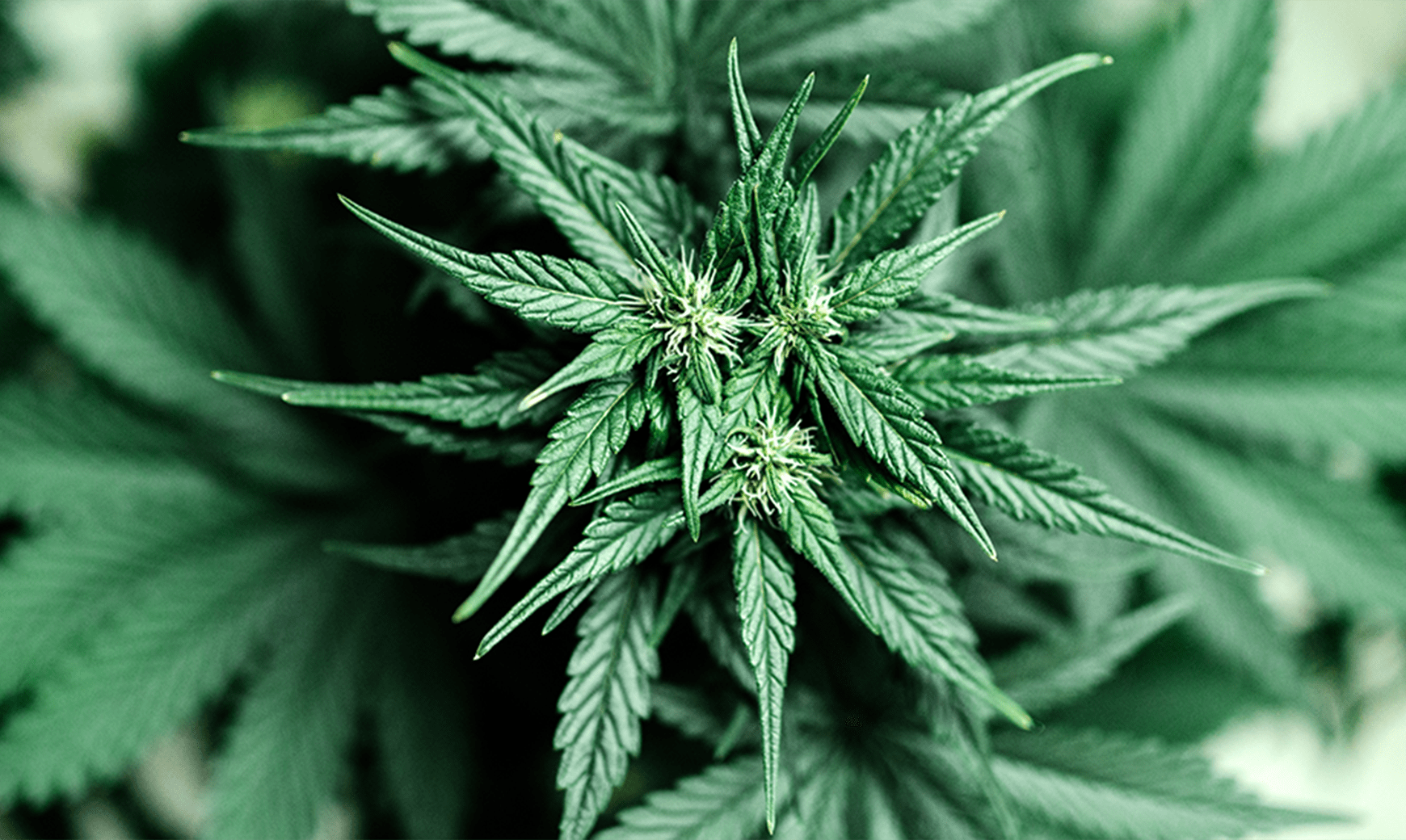Horticultural, retail, biotech, pharma, and other companies located in the diverse cannabis industry have long anticipated and increasingly prepared for adult-use legalization in the State of New Jersey. Two formal moves have brought New Jersey closer to an adult-use industry: Governor Murphy’s appointments to the coming Cannabis Regulatory Commission and the Legislature’s joint advancement of the New Jersey Cannabis Regulatory, Enforcement Assistance and Marketplace Modernization Act (the “Act”). Both moves will direct the establishment of an equitable adult-use cannabis market.
Only two days after New Jersey voters approved adult cannabis use, the Act was introduced in both the State Assembly and the State Senate. As of November 9, both bill versions have advanced from their respective Oversight committees. A second committee consideration will take place Thursday, November 12 – and full votes in both State Houses are expected to take place as early as November 16.
Regarding participation in the expanding cannabis industry, the Act’s highlights include:
Cannabis Regulatory Commission: This commission will, under the New Jersey Department of the Treasury, consist of five State-appointed governing members, an executive director, and other necessary personnel. The commission will oversee the policy development, regulation, and enforcement of both personal use and medical cannabis, assuming the Department of Health’s present governance of alternative treatment centers and medical cannabis. Within 180 days, the commission will enact necessary administrative procedure for adult-use cannabis licensing.
Governor Murphy has filled two of four appointments allotted to the Executive Office:
- Senior Policy Advisor to the Governor Dianna Houenou will serve as Chair.
- Jeff Brown, the Deputy Health Commissioner currently responsible for overseeing medical cannabis programming, will serve as Executive Director.
State & Local Regulation: The Act covers licensing application procedures and fees, plant and cannabis item compliance, marketing restrictions, retail and handler certification, cannabis testing facility powers and procedures, and the promotion of Minority, Disabled Veteran, and Women actors in the growing, processing, testing, and sale of cannabis. Additionally, municipalities are provided with certain rights and prescribed certain limitations regarding prohibition of local cannabis establishments.
State & Local Tax: Exempting medical cannabis, the Division of Taxation will determine fees to be remitted on a monthly basis. Additional provisions for optional municipal taxes include:
- Local transfer of sale and consumer retail receipts: Rates may not exceed 2% of receipts from each sale by cannabis grower; 2% of processor receipts; 1% of wholesaler receipts; 2% of retail sales receipts.
- Local user tax: Tax may be applied to concurrent license holders or those operating more than one establishment equal to transfer tax rates – this may be imposed on cannabis items not otherwise subject to transfer tax whether or not located within municipality.
Marketplace Regulation: For an 18-month period after legalization, the Act prohibits simultaneously licensing for, operating, or having a financial interest in both cannabis retail and processing. Previously licensed medical marijuana dispensaries are exempted from this prohibition.
Licensing & Application Procedure: The Act outlines application provisions for annual and conditional Class 1 Grower, Class 2 Processor, Class 3 Wholesaler, and Class 4 Retailer licensing – in addition to handler and retail employee certifications. Limited applications will be scored and ranked, prioritizing New Jersey residents; labor agreements with cannabis workers; Minority, Disabled veteran, Women applicants; impact zone residents; experience in highly regulated industries and alternative treatment centers.
Please note that the specifics included in this article are based on the current text of the Act and are subject to change based on any changes to the Act.
The Cannabis practice at McCarter & English has been at the forefront of the ever-changing cannabis industry in both New Jersey and many other states throughout America. McCarter’s Cannabis practice represents active New Jersey license holders as well as multistate operators throughout the country. Although the Act is moving swiftly through the Legislature, there is an expectation of slow implementation among legislative leadership.
McCarter’s Cannabis and robust Government Affairs practice groups work collaboratively to advise clients and prospective clients in the New Jersey application process. This experience will be crucial to clients in the upcoming months regarding:
- Ability to Purchase Recreationally: Alternative care centers will have first priority, as their existing infrastructure and approvals may translate to retail sales. However, alternative care centers must first demonstrate sufficient medical cannabis supply and crop capacity.
- Preparation for Application: As we have seen in prior rounds of applications, applicants that wait until the application is announced to begin preparing their submission will be starting way behind many other applicants, and will have a much lower chance of success.
- Timeline of the Act: Trenton is building regulatory infrastructure from scratch – those companies that begin a dialogue and application preparation now will position themselves much more favorably for success upon the recreational application’s launch.
We at McCarter pride ourselves on our ability to counsel clients in this emerging industry, and we are happy to discuss with any prospective clients what we expect now that adult legalization has been passed through the ballot initiative.
Related media coverage includes the article below:
